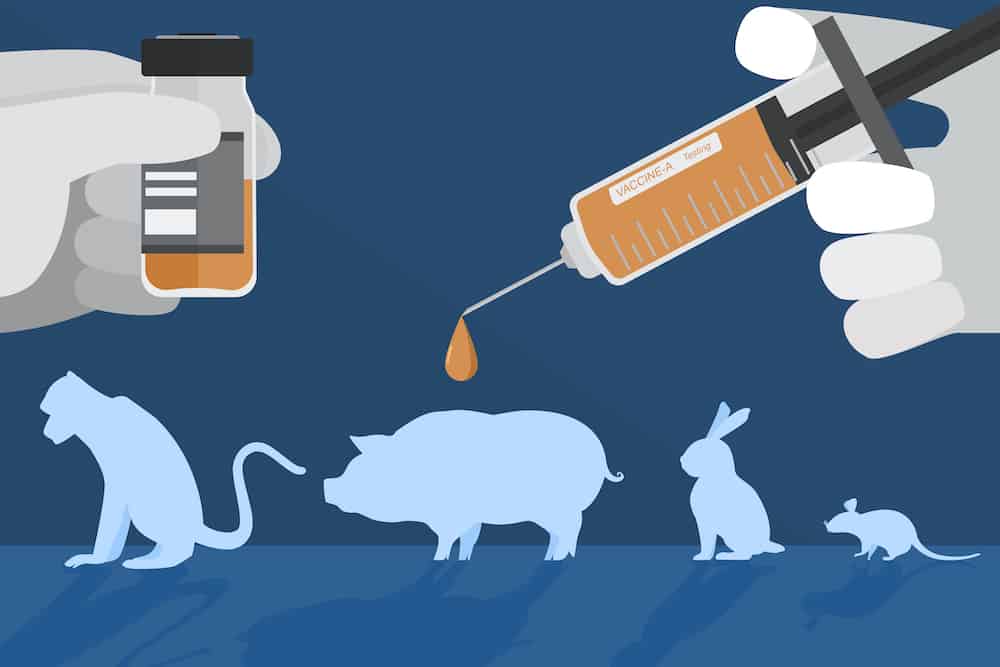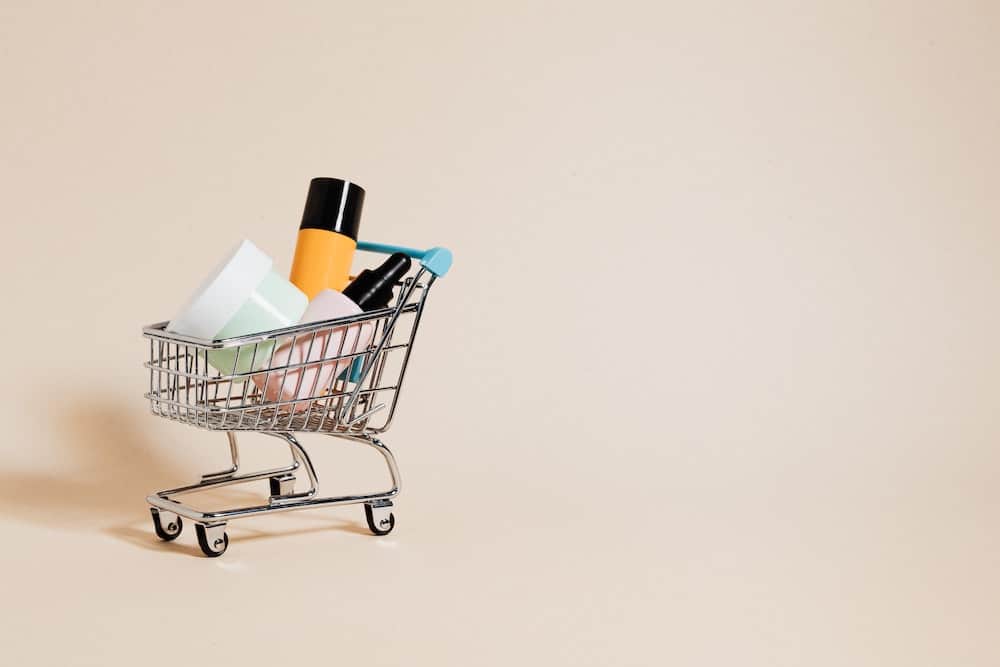China is home to around 1.9 billion people, making it a massive target for companies looking to take advantage of the growing market.
The country’s cosmetics industry is worth around $26 billion alone. But for manufacturers to start selling in the Chinese market, they will need to navigate the complicated and often archaic animal testing laws.
This can be especially troubling for brands trying to operate in a cruelty-free way. While laws are changing, there is still a lot of misunderstanding regarding animal testing and how cruel it really is.
Here are some quick facts to help you better understand what the Chinese government requires when it comes to animal testing.
New Laws Have Opened Up the Market for Cruelty-Free Brands
China is one of the few countries left that still requires animal testing for specific products. However, recent laws have started to change. While they have gotten substantially more complicated for manufacturers, it has opened up opportunities for products to be sold without animal testing.
This has been great news for cosmetic’s manufacturers looking to enter the large Chinese market. Unfortunately, the new laws have also created substantial hurdles for cruelty-free brands looking to sell in Chinese stores.
Here are some of the requirements necessary to omit animal testing under the new General Manufacert Practice (GMP):
While China still hangs on to some cruel and abusive animal testing policies, they understand that cruelty-free and vegan brands need access to Chinese consumers. This has led to the recent changes and may lead to more in the future.
We can assure you that animal testing is not necessary to ensure the safety of any cosmetic product released today that you can find in a store. If you want to make sure that it’s safe to use a cruelty-free product – you can find out everything you need to know here: Are Cruelty-Free Products Safe?
Hong Kong has Different Animal Testing Laws
The relationship between mainland China and Hong Kong is complicated. While the political implications of their connection have pushed the island city to adopt specific Chinese regulations and laws, they are relatively independent when it comes to animal testing regulations.
Generally speaking, Hong Kong enjoys a certain level of operational autonomy. They set their own laws regarding animal testing on products imported and produced in the city. As a special region, Hong Kong:
All this means is that Hong Kong does not require any additional animal testing than what is mandated by the countries from which the brand calls home.
The Government Itself is In Charge of All Official Testing
The Chinese government handles all the animal testing within the country. They do this according to their own laws and regulations. This means they have the final say regarding what products need to be tested and how.
Additionally, companies wishing to sell their products in the Chinese market will have to fund the testing themselves.
Animal testing in China is quite complicated, and the government has set specific categories for products to fall into. These categories don’t necessarily dictate whether animal testing is required but can be helpful when trying to understand what products might be tested.
The categories are:
Some Testing is Always Required
In addition to pre and post-market testing, the Chinese government also divides its cosmetic products in two more ways. They are:
When it comes to animal testing, sometimes it is always required. While the system set in place by the Chinese government can be complicated, generally speaking, products require animal testing when:
There are Some Circumstances Where Testing is not Required
While animal testing laws vary depending on the product, there are a few ways for cruelty-free and vegan products to escape the required animal testing. There are two main categories manufacturers use to skirt these regulations.
They are:
While Laws are Changing, Animal Testing is not Banned
China has, in recent years, taken some substantial steps away from its animal testing requirements.
In 2019 the government changed regulations allowing for more products in the post-market category to omit cruel and inhumane testing standards.
These changes may mean that requirements for animal testing for imported and domestic products will effectively end.
Even though these are some giant steps towards a more humane testing system, animal testing still exists in the country and is commonplace.
The slow progress towards more ethical testing is happening, but with the complicated system China has created, it will be a while before we start seeing substantial changes.
This will all come down to what alternative testing methods the Chinese government approves of. Currency China allows for these types of alternative tests:
Buying Products Online Changes the Rules
We have already touched on this interesting aspect of China’s cosmetics industry, but it has opened up the market to many cruelty-free brands. But it is not without its own unique set of rules.
While generally speaking, if you sell your product online, you can skirt animal testing regulations, there are some expectations.
When online products are subject to testing:
This means that cruelty-free and vegan brands can enter the Chinese market as long as they don’t sell their products physically in stores. This has allowed for consumer demand for products not tested on animals to grow.
Just Because it is “Made in China” Does not Mean it is Tested on Animals
As animal testing laws change, so does growing consumer demand. What was acceptable in the past may not fly in the future. This is the case for animal testing.
A growing portion of domestic brands have tried to figure out ways to produce an ethical product for Chinese consumers. This has led to some manufacturers finding ways around the laws.
This also translates to products labeled “made in China” that are imported into other countries.
Since requirements for animal testing of domestic products are quite exact, manufacturers can choose to produce products in the ordinary category to elude testing requirements.
This is not a perfect plan as, at any moment, the Chinese government could dictate what safety testing is necessary for a product to stay on shelves. This means that not all products produced in China are necessarily subject to animal testing.
Animal Testing in China may Soon Become Obsolete
While the current system for animal testing is complicated, we may see the government do away with animal testing for good in the future. Two major organizations have spearheaded this effort:
Both organizations signed a Memorandum of Understanding in 2017 to make animal testing obsolete in the future. The IIVS is a non-profit organization in charge of developing alternative testing methods that may be used in place of the current system of animal abuse.
Conclusion
While animal testing may be fading out of use in China, it still exists. In its current state, it is relatively complicated, and the barrier for entry for foreign cruelty-free brands is tricky.
Laws are currently changing, but an abuse-free future is still far off. But, as Chinese consumers start demanding more ethical testing, things will undoubtedly change.


